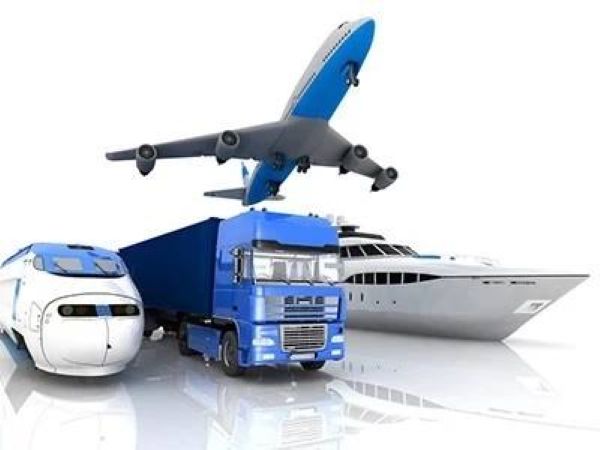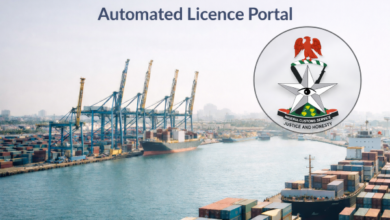 By Chiazo Ogbolu
By Chiazo Ogbolu
As Nigeria explores strategies to improve its economy, the transport sector presents huge potential for exploitation.
Analysts observe that, in many countries, the transport sector accounts for between six per cent and 12 per cent of the Gross Domestic Product (GDP).
They are of the opinion that Nigeria’s economic growth will require revitalising its transport sector, which holds vast potential for job creation, infrastructure development and increased GDP.
They strongly believe that transforming Nigeria’s transport sector will attract foreign investment, boost exports and position the country as a regional economic hub.
Dr Alban Igwe, Member, United Nations Committee on Trade and Transport Location, argues that proper harnessing of road, maritime, air and rail transport modes will make much impacts on Nigeria’s economy.
“If we really want the economy to grow, transport is the key.
“Whether by air, sea or land, everything you bring into this country by importation involves transport; so, we cannot pay lip service to transport development.
“ Whether in freight or passenger or service, transport is key,” he argues.
High food costs: Traders blame high transportation costs
Igwe urges encouragement of indigenous participation in the transport sector.
He says there is the need to further encourage manufacturers in the transport industry.
“Imagine over 200 million people importing their means of transport. If we produce them in our country, we are creating employments for people.
“It means that the cost of transport has been reduced, we can export our vehicles; then, we are promoting an industry that is indispensable.
“When people begin to make profits, obviously, it will cascade down by way of employment, tax payment and easy way of doing business. Government should relax stringent conditions,” he argues.
According to Lagos State Gov. Babajide Sanwo-Olu, transport infrastructure and strategic policy intervention are indispensable to economic growth.
Sanwo-Olu says Lagos State understands the pivotal role that efficient transport systems plays in fostering development, connectivity and prosperity.
“In Lagos state, we have embarked on a transformative journey to revitalise our transport infrastructure, enhance mobility and optimise our transport policies to meet the evolving needs of our dynamic society.
“From the expansion of road networks to the modernisation of our public transportation systems, we are steadfast in our resolve to build a future where transportation serves as a catalyst for development. progress and economic,” he had said at a function recently.
According to him, the pressure of population on land and infrastructure in Lagos State is much and has made the state to embark on projects and programmes and come up with a policy document that will be a template for the development and operation of the state’s transport sector.
For Mr Fola Tinubu, Managing Director, Primero Transport Service, emphasises that the transport sector is the backbone of any economy.
“After power, transportation is the next thing, and the government has much to do by creating the enabling environment in form of infrastructure development and ensuring that the business side of it is sustainable.
“However, the public sector needs to take the lead by investing in it,” he urges.
Dr Oluwasegun Musa, Chairman/Chief Consultant, Global Transport Policy, argues that, for the transport sector to boost the economy, there should be robust transport networks.
According to him, the networks should not merely be about connecting cities and regions but also about laying the foundation for sustainable economic growth, societal advancement and global competitiveness.
Musa urges formulation of strategic policies aimed to optimise the networks, ensuring efficiency, sustainability and inclusivity.
“Connectivity goes beyond geographical boundaries, integrating different regions into cohesive economic units.
“Whether they are roads, pipelines, railways, airways, or maritime routes, seamless interconnectivity of transport networks fosters trade, spurs investment and promotes knowledge sharing,” he argues.
Musa strongly believes that development of policies to reinforce the success of intermodal transport is of essence.
“Revitalisation of Nigeria’s transport infrastructure requires a bold vision, decisive action and unwavering commitment,” he says.
Analysts are convinced that prioritising transport policy interventions will lay the foundation for sustainable economic growth, job creation and improved quality of life for Nigerians.
News Agency of Nigeria (NAN)












